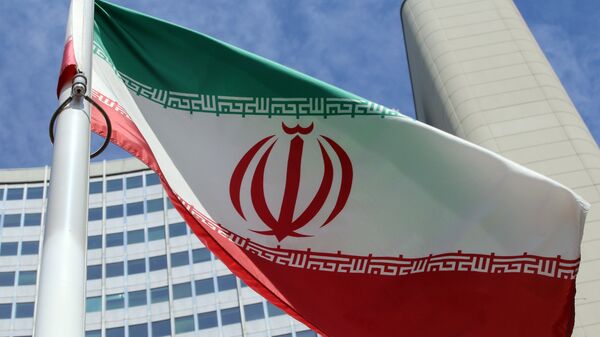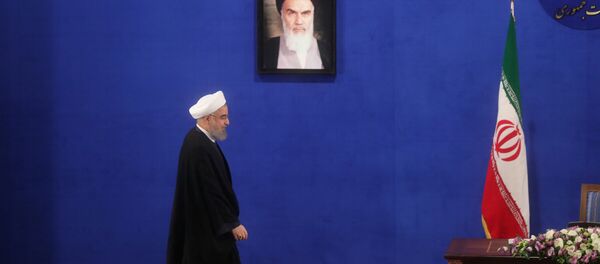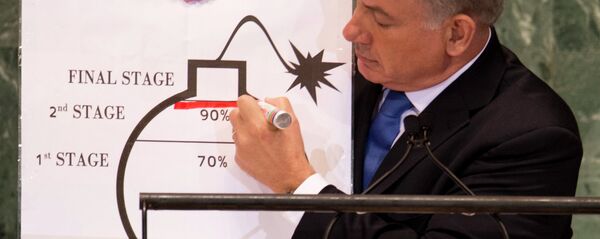"Plan A is that the US stays in the deal. That's what we're working towards. But of course we are looking at all eventualities… So we're looking at options for maintaining the deal should, which we hope they won't, should the US administration choose to withdraw," Darroch said.
"No deal ever is perfect, and the [US] president is rightly concerned about Iran's regional activities, which are malign and damaging to security and stability. And he doesn't like the fact that missiles aren't covered. He's not happy about the sunset clauses, he thinks the inspections regime should be tougher," Darroch said.
The ambassador explained that the United Kingdom had some ideas about assuaging these concerns.
Darroch noted that no final results have been achieved on a side agreement to the deal yet.
"We have been talking at senior official level to the administration with our French and German colleagues for several weeks now. We think we're making progress. We haven't got there yet. We have a few days left to see if we can find a way through," the ambassador said.
In 2015, Iran, China, France, Germany, Russia, United Kingdom, United States, and the European Union agreed on a Joint Comprehensive Plan of Action (JCPOA). Under the deal, the international sanctions would gradually be lifted off Iran in exchange for Tehran maintaining the peaceful nature of its nuclear program.




